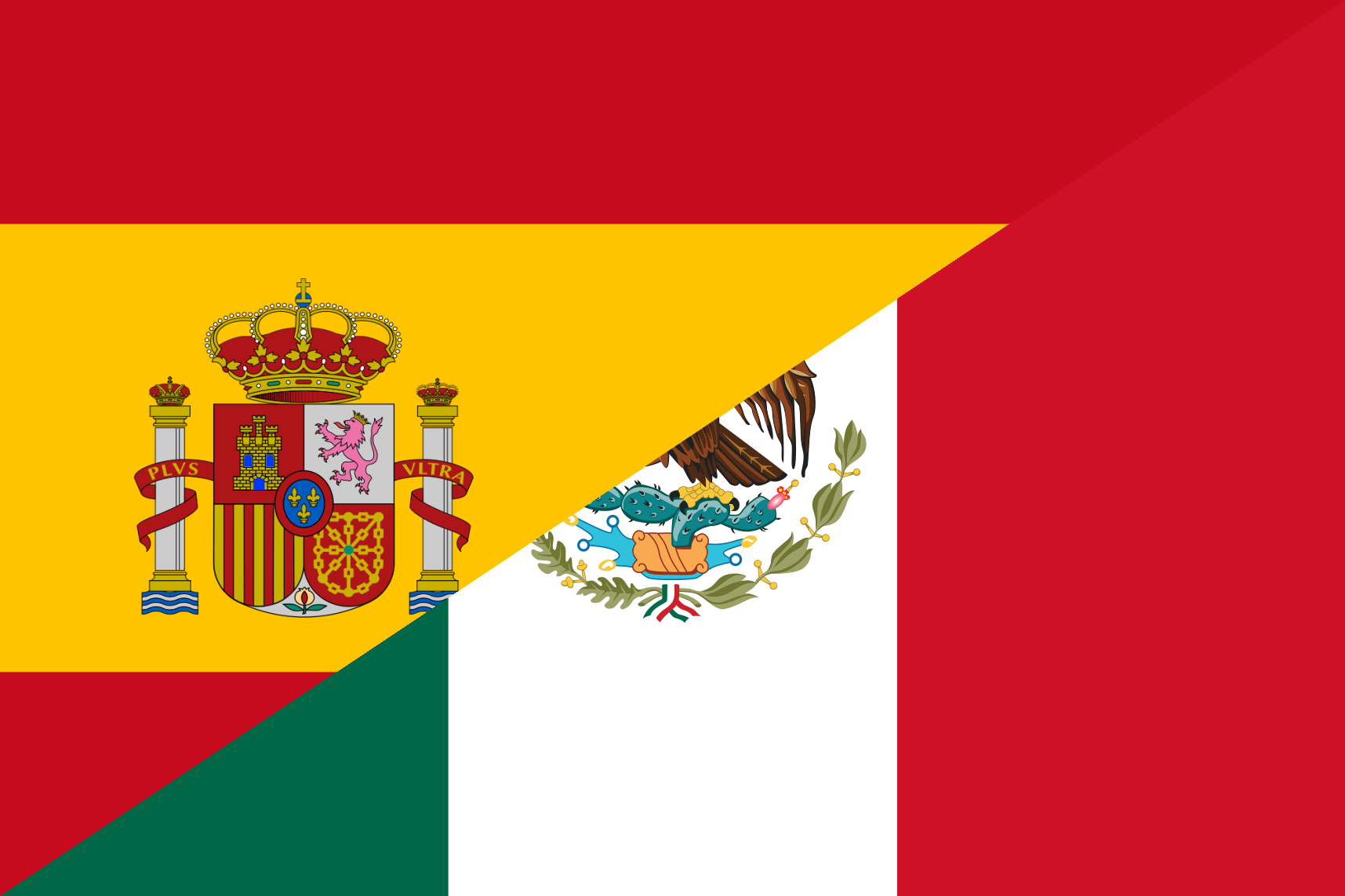llegar
Oraciones
Otros cuatro 4 tripulantes , murieron en la costa sin llegar a ser tomados como prisioneros .
Four other crew members died on the coast without being taken as prisoners.

Significado (Inglés)
- (intransitive) to arrive, get (to)
- (intransitive) to get up to, to go up to, to reach (+ a or + hasta)
- (intransitive) to be sufficient; to be enough
- (intransitive) to manage (be successful)
Sinónimos
ir hasta
convertirse en
tener éxito
arribar a
llegar acá
llegar aquí
hacer su llegada
lograr alcanzar
lograr ser
desguindar
ayuntarse carnalmente
Frecuencia
Con guion como
lle‧gar
Pronunciado como (IPA)
/ʝeˈɡaɾ/
Etimología (Inglés)
In summary
Inherited from Latin plicāre (“to fold”), ultimately from Proto-Indo-European *pleḱ- (“to plait, to weave”). The semantic shift over time from "to fold" is also found in some other Romance cognates, and may be linked to the idea of folding sails when arriving at a port, especially in Iberian Romance where naval tradition was strong. Compare Portuguese chegar; however compare also Romanian pleca (“to leave”), with the opposite meaning, possibly because there the word was associated with folding up tents and leaving. See also the Spanish doublet plegar (“to fold”). Another theory instead derives llegar from a Vulgar Latin plicāre as a regressive derivation from Classical Latin applicāre (“apply, add, attach, join to”). Cognate with English ply.
Marcar esto como favorito
Mejora tu pronunciación
Comience a aprender español con learnfeliz .
Practica hablar y memorizar " llegar " y muchas otras palabras y oraciones en español .
Visita la página de nuestro curso español
Notes

